Best vs Basics
Recently I had plans to meet a colleague. In person. Scheduled in advance. Confirmed the night before.
And they did not show.
And they did not communicate about it.
And, and, and…
We all have “off days”.
But with this individual, it was a pattern: committing to do things and not getting them done. Persistently.*
Perhaps I’m unusually lucky, but I had never before experienced an in-person 1:1 “no show” by a professional colleague - with zero communication.
Communicating about a delay or cancellation seems so very… basic.
This got me thinking about professional “hygiene factors”.
Those things that don’t earn you extra credit, but count against you if you fail to do them.
An employer must provide remuneration for work done and provide a safe work environment. According to Herzberg (of “two factor theory”), these are table stakes. They result in dissatisfaction if they’re absent, but don’t necessarily improve motivation when they’re present.
Getting paid on time doesn’t make an employer stand out - nor should it: it’s the bare minimum. A hygiene factor.
But what about hygiene factors from an employer or colleague’s point of view?
What are those basic things that every employee should just do?
Here’s what I’ve come up with:
Start work on time
Leave or end work on time (or when agreed-on tasks are complete)
Do what they have committed to do
Communicate proactively about any challenges encountered
Be courteous to colleagues and other stakeholders
In writing this list, it was tempting to add more. “Respond well to feedback,” “Look for areas to improve efficiency”, “Build trust”.
But those aren’t hygiene factors - they’re just good things to do. (And, incidentally, where we drive clients to excel.)
What basics do you expect of your colleagues? What is irksome in its absence but unremarkable in its presence? Those are your professional hygiene factors.
For everything else? Talk to us.
—
*Beyond blogging about hygiene factors, I spoke with my colleague and we defined a plan to move forward.
—
Ellie Hearne helps leaders bring strategy and culture together. As founder of Pencil or Ink, she has worked with dozens of industry-leading companies, one or two government agencies, and a handful of non-profits. She is Head Tutor of Oxford University’s Strategic Innovation Program and is Treasurer of the University of St Andrews American Foundation.

